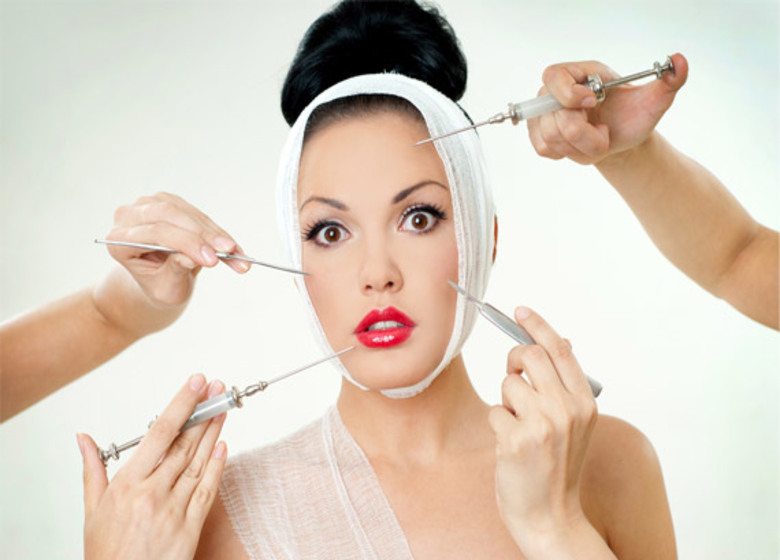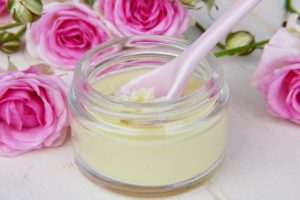How To Love Your Body In An Obsessed Plastic Culture
In today’s age of clickable truth and blitzes in social media, it’s no secret that the culture of cosmetic surgery thrives as never before. Celebrities and influencers who casually share with their supporters their surgical or injectable journeys. Which contribute significantly to normalizing cosmetic procedures. As does our ability to airbrush our selfies before posting.
If everyone looks perfect and polished, why isn’t anyone supposed to? And if something is being done by everyone, it can’t be hazardous or outrageous, right?
While these issues are not intended in any manner to judge anyone who has selected a cosmetic operation, they are intended to encourage critical thinking.
Although it is true that many cosmetic procedures are not sufficiently invasive to pose. Severe physical hazards, psychological conditions pre-existing and/or concealed psychological hazards are often overlooked or omitted from a debate.
Because cosmetic procedures work to “fix” aesthetic problems (which are mainly subjective), it is not surprising that many patients stay unsatisfied after surgery, even if their procedures have been considered successful. This is because dissatisfaction with one’s appearance tends to come from insecurities— which are inherently inoperable!
Good as new?
While some statistics insist that people are happier after cosmetic surgery. In these studies, one has to wonder how happiness is defined (and experienced). After all, happiness, like beauty, is in the beholder’s eye.
While it’s not easy to break away from societal programming that tells us we’d better look smoother, brighter, tighter, or younger if you really want to cultivate true self-love — including your body’s love.
How Appearance Cultural Obsession Hurts Girls And Women
Appearance-obsessed culture “beauty sick” — referring to “what happens when the emotional energy of women becomes so linked to what they see in the mirror that it becomes more difficult for them to see other aspects of their lives,”
Women and girls involved in social media report an increased incidence of eating disorders, increased symptoms of depression, and increased cosmetic surgery desire.
It was found that 82 percent of college-age women report unfavorably comparing their bodies to the body of a model, and 70 percent of young women say they believe that others would treat them better if they looked more like the idea of beauty they see in the media.
Some celebrities, including Alicia Keys and Katie Holmes, have recently resisted elements of the “beauty-sick” globe by appearing in public and taking selfies without making-up. But the movement against cosmetics remains a niche: the woman has a mean of 40 cosmetic products and spends approximately 55 minutes preparing every day, and more than a half tells us that no product is being prepared in the morning. As a consequence, females are sacrificing time and money that otherwise could be used to pursue objectives in education, career, family, or hobbies.
Even though a female is educated or confident, most still feel insecure in their own skin.
Ways To Love Yourself, Without Surgery:
1. Celebrate your distinctive strengths and skills:
Learn to love your body by concentrating on all you can do: walking, running, climbing, dancing, teaching, and/or anything else. The key is to concentrate on what your body can do as opposed to what it can not.
If you do something active, appreciate the fact that you can. A healthy, active body is lovely and some can enjoy it in exercise, provided that it comes from a location of self-love instead of self-hate. It can be a good way to celebrate.
2. Stop seeking approval or disapproval from others:
This person probably didn’t judge you over there. You might even have checked out yourself. And they’re likely to be insecure themselves if they’re judging you.
3. Don’t body-shame yourself— or others:
Group friendships can sometimes bring out the worst in us: if your friends are continually shredding their own looks, yours, or that of others— even subtly, you’re also likely to participate in this conduct. It might be time to reassess with whom you share your time. And stop purchasing into comparisons— they raise self-loathing, and are profoundly reductive, as we are all uniquely complicated.
4. Recognize that numbers are deeply limited
Don’t let yourself be characterized by size or weight. We’re so much more than a collection of figures, each last one of us. For example, how you feel is more important than how you appear — and the latter is, of course, deeply subjective.
Fact: health was never determined by size, symmetry, or flawless skin. Focus on feeling nice and follow the remainder.
5. Nourish yourself
Loving yourself as you are implying that your time is better spent cultivating good body and mind practices than attempting to fit into a profoundly mainstream (and often very uninteresting) concept of what appears appealing. Stop taking care of your body as a chore.
In general, sleep sufficiently, remain hydrated and eat nutritious foods. Diet should be about what is right for you, not someone else. Stay away from anything that makes you feel gross, unsatisfied or sick, and you’re supposed to be good to go.
When you stop looking for your worth on the outside, you discover it inside.
Also Read: How To Help Your Child Avoid Body Image Issues?













